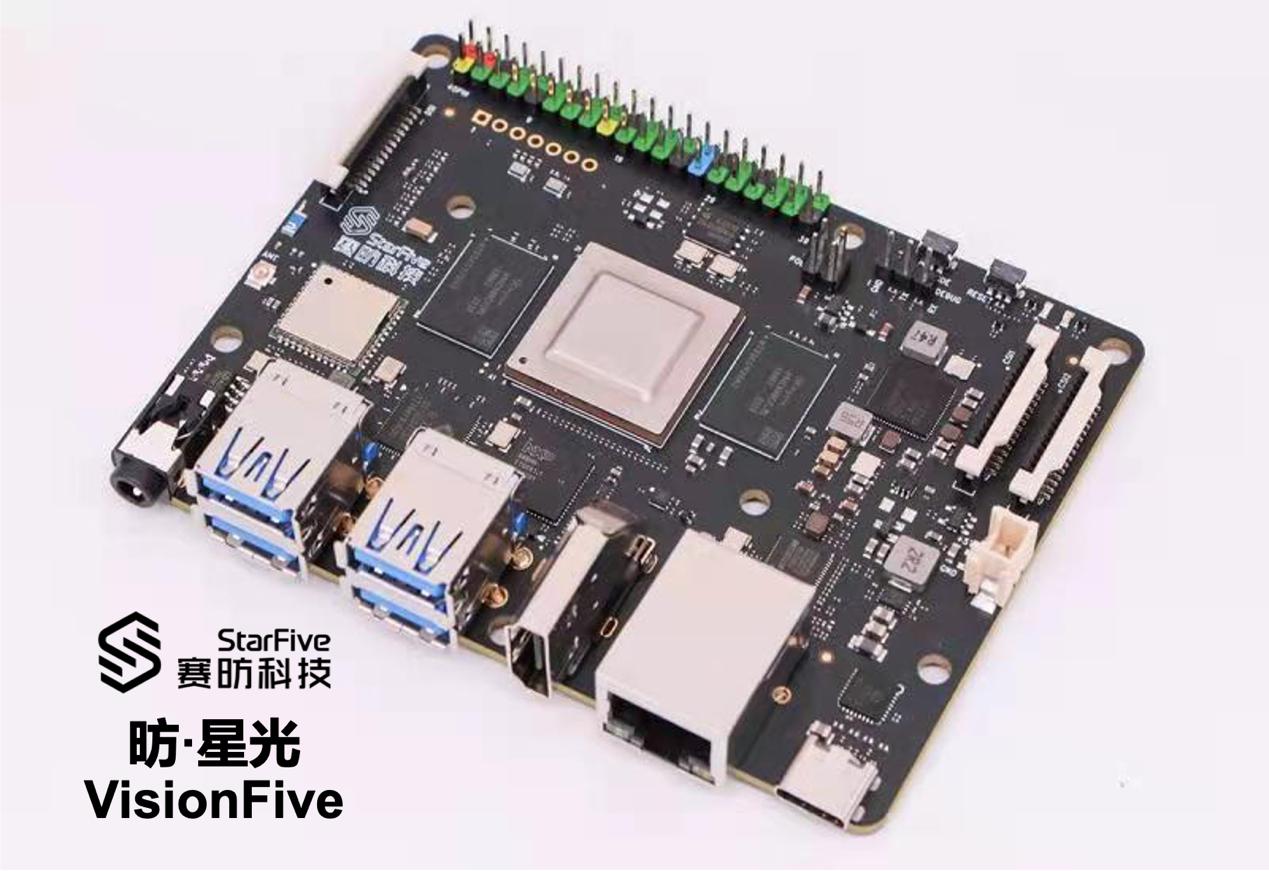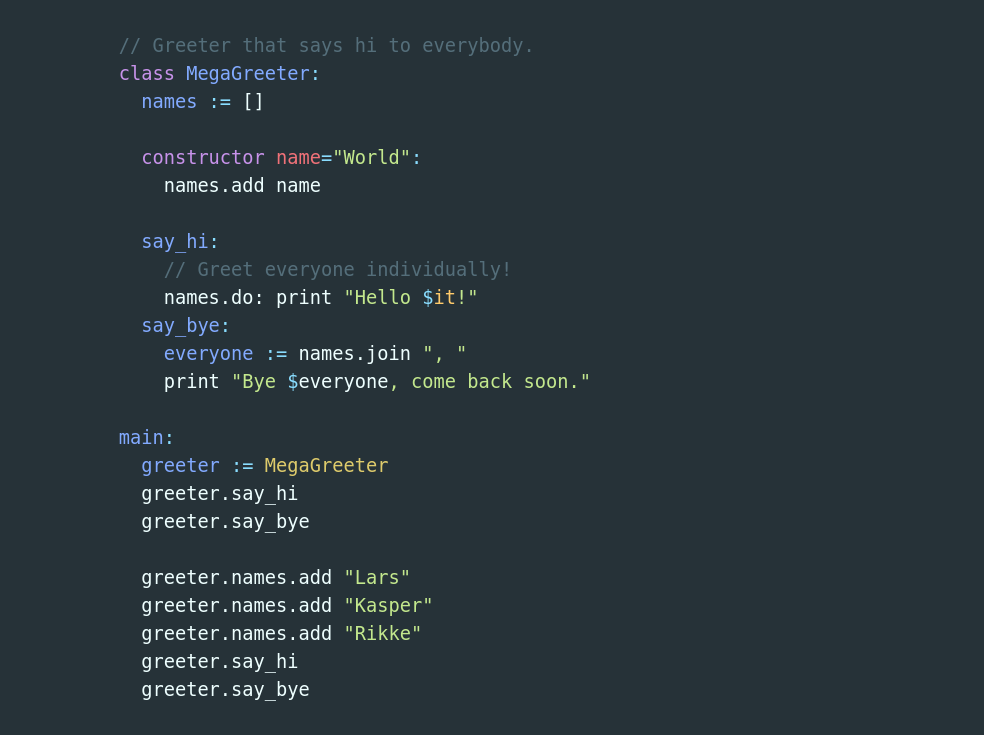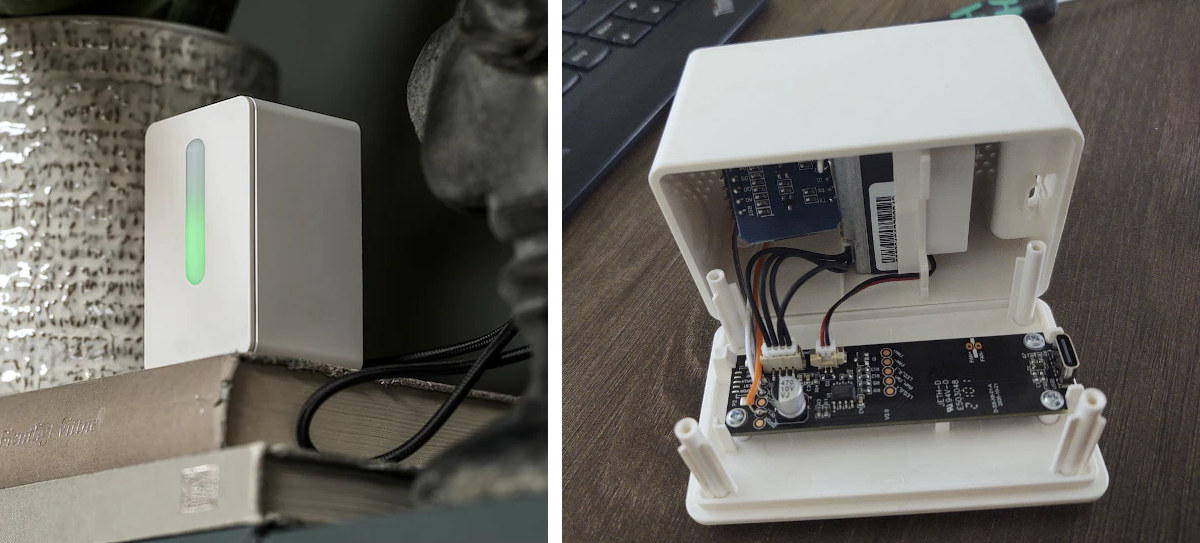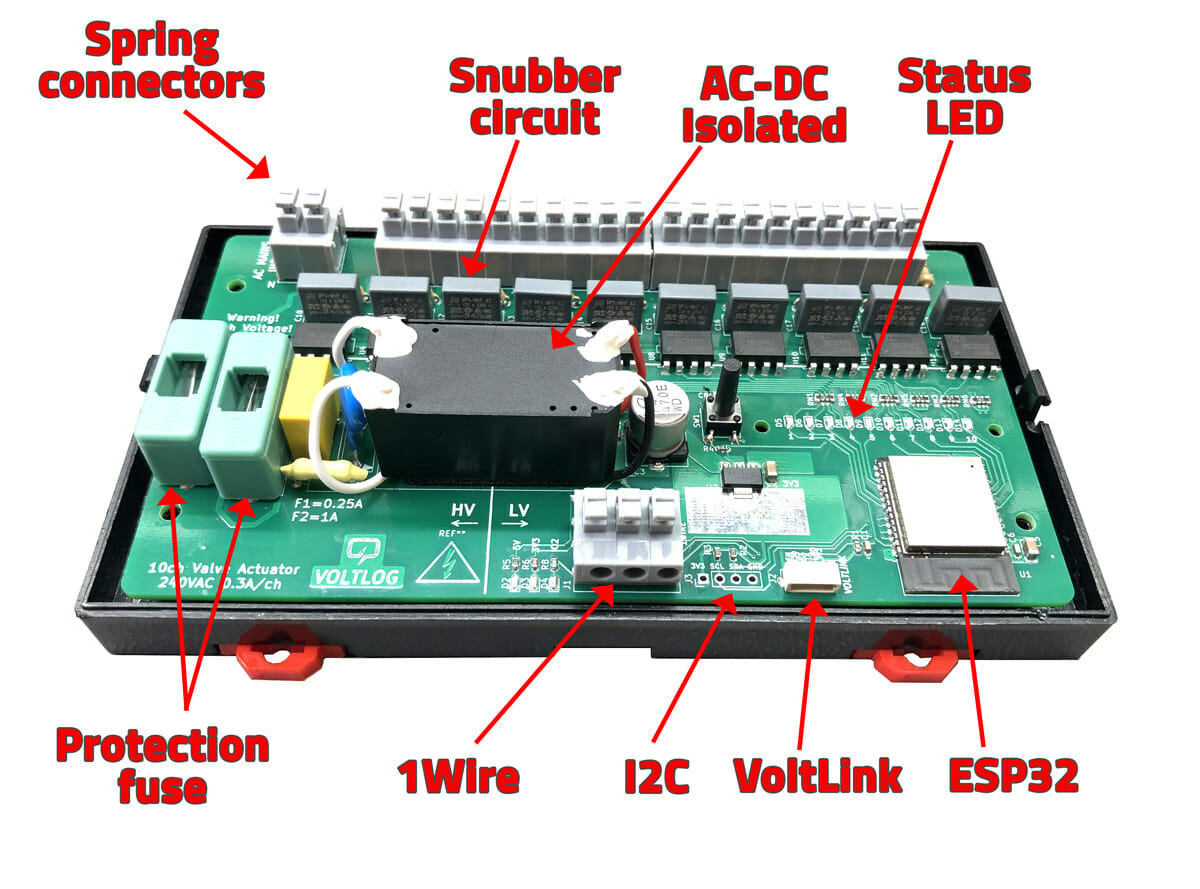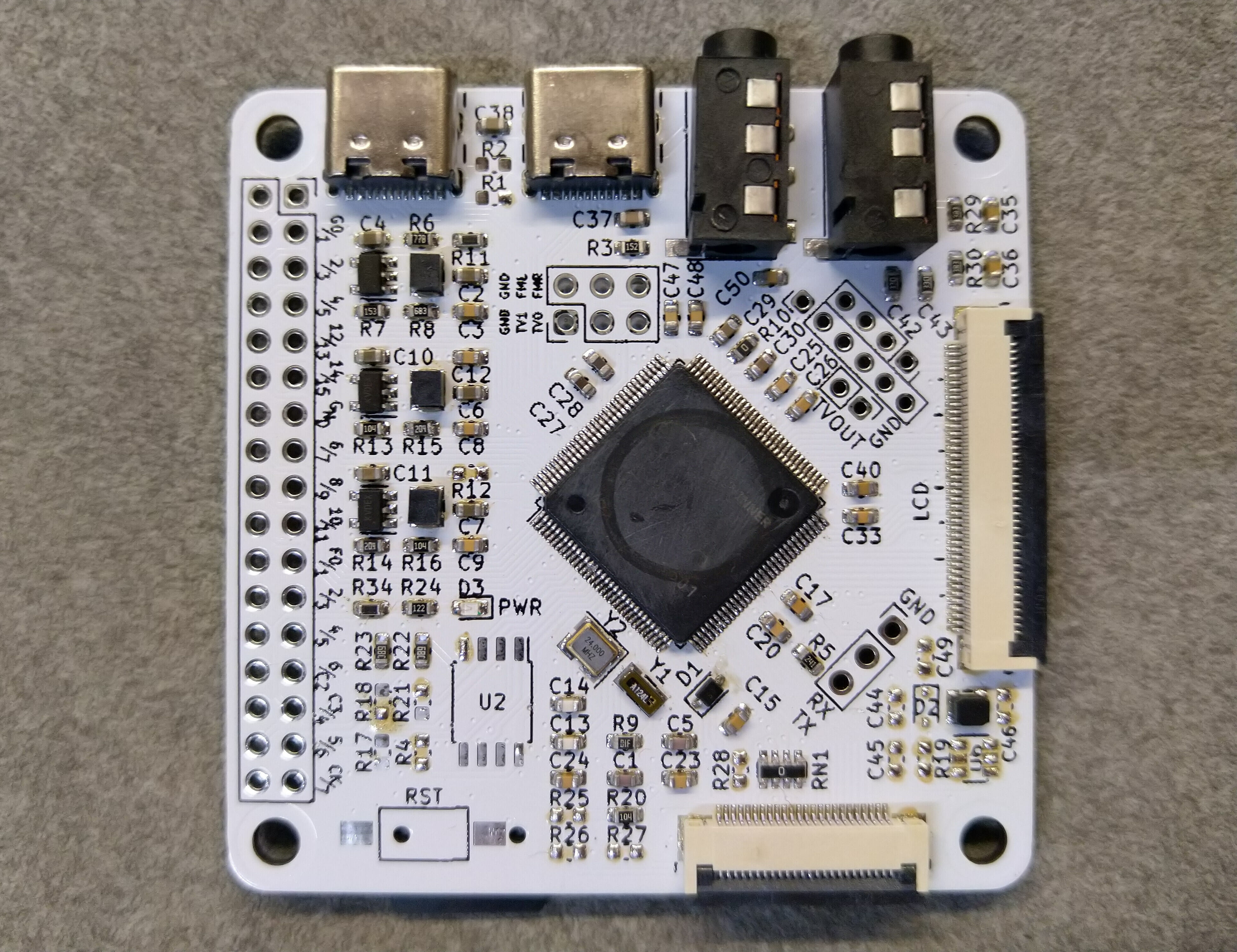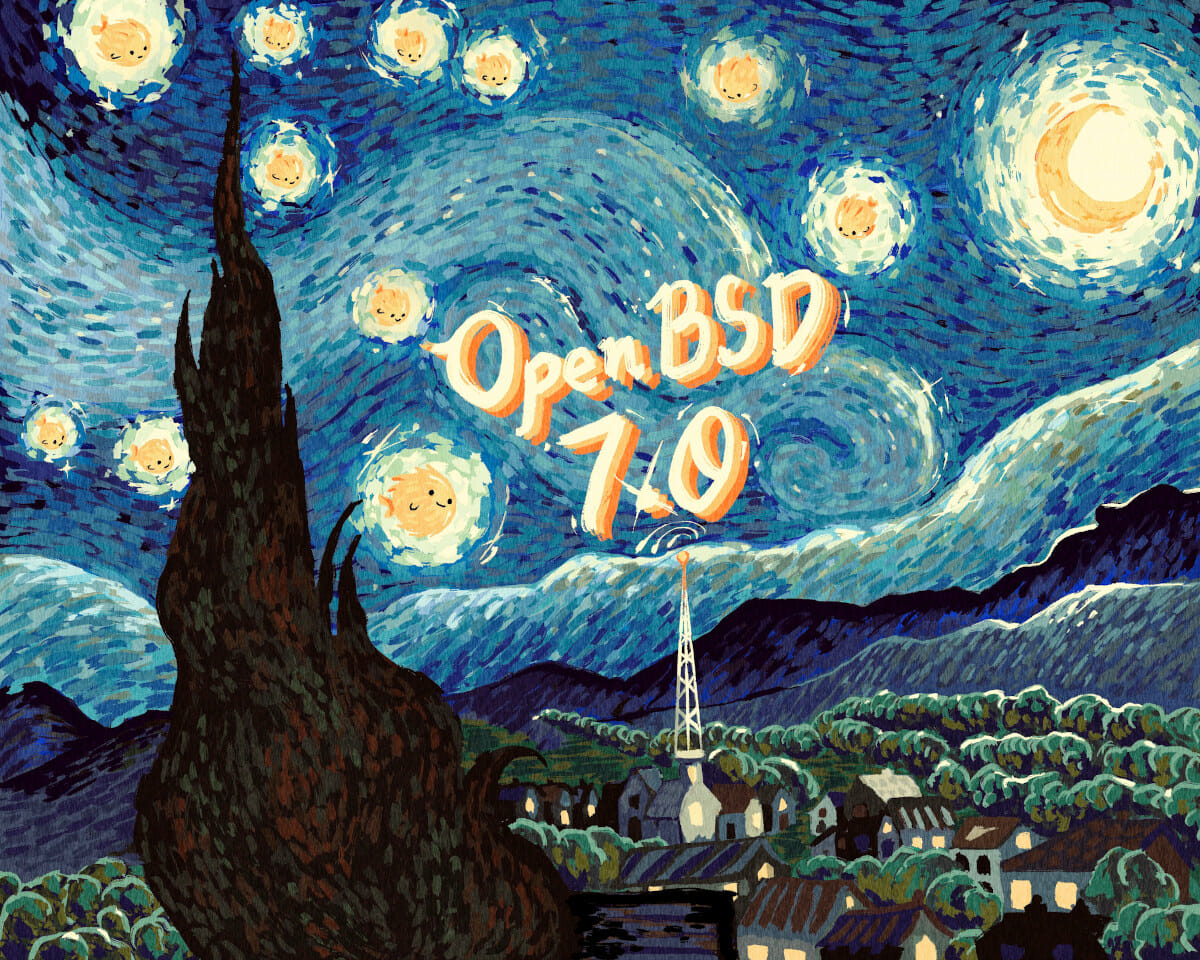San Francisco, U.S. – Dec. 8, 2021- at RISC-V Summit 2021, StarFive Technology Co., Ltd. (hereinafter “StarFive”), the leader of RISC-V software and hardware ecosystem in China, announced that “VisionFive” single-board computer is officially for sale. The availability of VisionFive signifies a breakthrough in RISC-V hardware for high-end applications to help accelerate the innovations of the global RISC-V industry and promote the improvement and development of the open-source software ecosystem to drive the realization of more innovative top-layer RISC-V applications. VisionFive open-source hardware enables a new level of innovation for the RISC-V ecosystem VisionFive, the first generation of cost-effective RISC-V single-board computer is designed to run Linux, with StarFive’s JH7100 vision processing SoC. The JH7100 SoC is equipped with a 64-bit high-performance RISC-V dual-core processor with a 2MB L2 cache, running at 1.5GHz, which is excellent for high-performance computing. The JH7100 SoC is further equipped with the deep learning processing […]
Toit open-source language claims to be 30x faster than MicroPython on ESP32
Developed by a team of former Google employees, Toit is a complete IoT platform with remote management, firmware updates for fleets of devices with features similar to the one offered by solutions such as balena, Microsoft Azure, or Particle edge-to-cloud platform. Toit currently works on ESP32 microcontrollers using lightweight containers, and after seeing existing high-level languages MicroPython and Javascript were not fast enough on low-end microcontrollers platforms, the team at Toit started to develop the Toit language in 2018, and has just made it open-source with the release of the compiler, virtual machine, and standard libraries on Github under an LGPL-2.1 license. One of the main reasons to switch from MicroPython to the Toit language is if your application is limited by performance or you operate ESP32 from a battery, as Toit claims up to 30x faster performance with Toit on ESP32: We went into crunch mode and some months […]
Renesas introduces sub 50 cents FPGA family with free Yosys-based development tools
Renesas has just unveiled the ForgeFPGA family of low-cost low-power FPGA’s to go for under 50 cents in (large) volumes following their acquisition of Dialog Semiconductors last August, who previously designed the GreenPAK programmable mixed-signal matrix. The company says its FPGAs consume half the power of competing FPGAs with a standby current of under 20uA, the price point will enable the use of FPGA in new markets and IoT products, and the tools will be free, at least as in beer, without any license to acquire or install. The full specifications are not available yet, but the ForgeFPGA Family will come with a maximum of 5,000 gates of logic, and the first devices ship with 1K and 2K Look Up Tables (LUTs), and as just mentioned, will operate at ultra-low power as low as 20 microamps in standby. ForgeFPGA is expected to target the same market as GreenPAK notably embedded […]
Ikea PM2.5 air quality sensor’s ESP8266 hack adds WiFi, MQTT, and Tasmota support
Ikea VINDRIKTNING PM2.5 air quality sensor functionality can be augmented with an ESP8266 WiFi board or module, and open-source firmware adding MQTT, or the popular Tasmosta firmware for more features. Out of the box, Ikea air quality sensor simply shows green (good), yellow (ok), and red (not good) colors to indicate the level of pollution with PM2.5 levels. But Sören Beye (Hypfer), who also happens to have developed Valetudo firmware for smart vacuum cleaners, has added a Wemos D1 Mini board to his sensor and developed open-source firmware with MQTT support. You’ll need to open the air quality sensor, and solder three wires between the ESP8266 board and the 5V, GND, and Tx (data) pin from the Ikea VINDRIKTNING mainboard. After flashing the firmware, you still get the original LED indicator plus PM 2.5 air quality data sent over MQTT and WiFi. The update system supports Home Assistant Autodiscovery with […]
10-channel floor heating valve controller supports Tasmota, MQTT, Home Assistant
Voltlog has designed an open-source hardware floor heating valve controller powered by an ESP32 WiFi module making it compatible with Tasmota open-source firmware, and by extension MQTT protocol and Home Assistant automation framework. The board can control up to 10 valves triac controlled outputs and spring connectors for a floor home heating system, and also offers a one-wire srping connector, an I2C header, and safety features with two fuses, although it’s obviously not UL nor TUV certified. Voltlog decided to design his own board instead of buying off-the-shelf solutions because of the high price of such products and the lack of open-source firmware for integration into a home automation server powered by Home Assistant. You can flash firmware to the ESP32 either through a VoltLink USB to Serial converter or you can use your own USB to serial converter module through the on-board JST-SH 1.0mm pitch 6 pin connector. This […]
Build an open source-hardware Allwinner D1s RISC-V Linux SBC for under $10
We covered Allwinner D1s RISC-V processor with 64MB built-in RAM a few days ago, and we’ve just found out about Xassette-Asterisk, an open-source hardware board based on the processor that runs Linux (OpenWrt) and is said to cost less than $10 to make. This is significantly cheaper than the Allwinner D1 based Nezha RISC-V Linux SBC currently sold for a little over $100, a rather poor value. The cheaper board will not quite have the same applications with just 64 MB RAM and no HDMI, but it could be great for projects requiring a camera and/or a display, audio interfaces, plus some I/Os. Xassette-Asterisk specifications: SoC – Allwinner D1s single-core 64-bit RISC-V processor @ 1.008 GHz with 64MB DDR2 Storage – MicroSD card slot, 32 MBit SPI flash (W25Q32 – U2 on the board) Display I/F – 40-pin LCD connector, 6-pin touch panel interface, backlight power Camera I/F – 24-pin […]
Alibaba open sources four RISC-V cores: XuanTie E902, E906, C906 and C910
Alibaba introduces a range of RISC-V processors in the last few years with the Xuantie family ranging from the E902 micro-controller class core to the C910 core for servers in data centers. This also includes the XuanTie C906 core found in the Allwinner D1 single-core RISC-V processor. While RISC-V is an open standard and there’s a fair share of open-source RISC-V cores available, many commercial RISC-V cores are closed source, but Zhang Jianfeng, President of Alibaba Cloud Intelligence speaking at the 2021 Apsara Conference, announced that T-Head had open-sourced four RISC-V-based Xuantie series processor cores, namely Xuantie E902, E906, C906, and C910, as well as related software and tools. Those are not empty words as we can find the RTL for the four cores released on T-Head Semiconductor’s Github account with the first commits having taken place yesterday. Each repository contains the code and instructions to get started, all under […]
OpenBSD 7.0 adds 64-bit RISC-V, improves Apple Arm silicon support
OpenBSD 7.0, the 51st release of the UNIX-like operating system, was outed on October 14, 2021, with the introduction of 64-bit RISC-V support for HiFive Unmatched and PolarFire SoC Icicle Kit boards, as well as further improvements to ARM64 targets, notably for Apple Silicon Macs, although it’s not quite ready for general use yet. You’ll find the complete list of new features and updates on the OpenBSD website, but here are some of the highlights: New platforms – OpenBSD 7.0 add 64-bit RISC-V support Extended platforms arm64 Improvements to Apple Silicon Macs support USB 3, NVMe storage, GPIO driver, power management, etc… Enabled LEDs for the LAN7800 chip as found on the Raspberry Pi 3 Model B+. Added Type-C PHY controller found on the Rockchip RK3399. Implemented multicast support to Marvell ARMADA chips Various other changes to mips64, amd64, armv7, powerpc64 Kernel improvements Enabled dynamic tracker (dt) for GENERIC kernels […]


